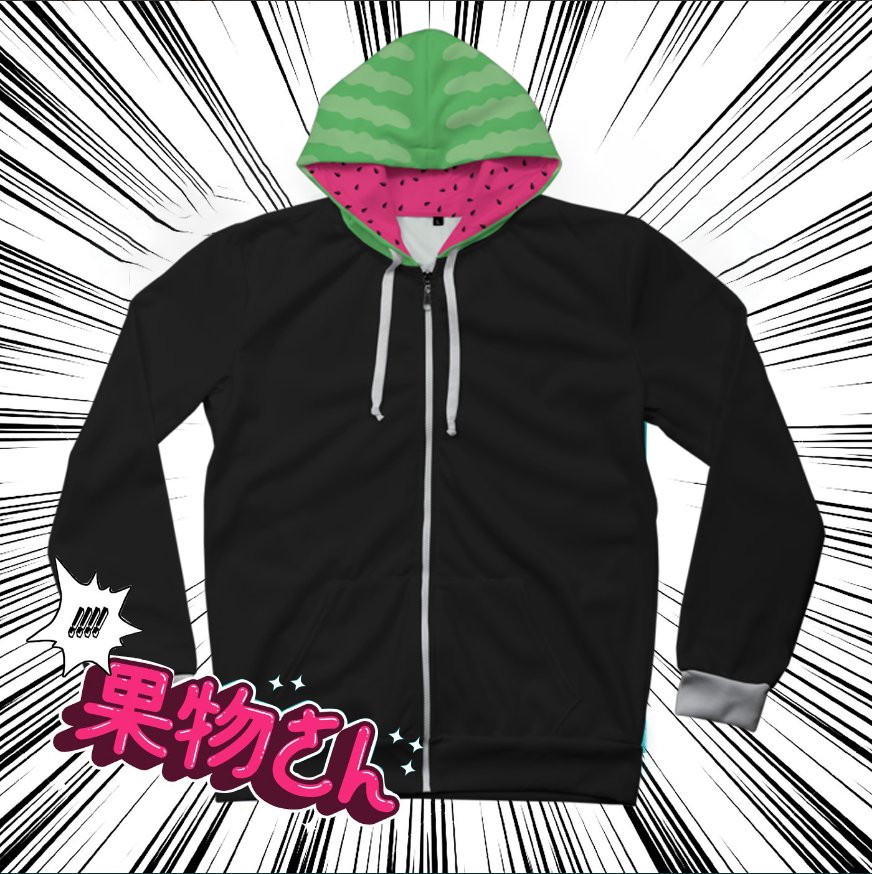

Story: For many years the standard adoption mantra has been “all you need is love”. Here are the 3 pieces of artwork that Gabby is donating towards Anna’s travel costs: She continues to run her watercolour art classes for teenage Chinese adoptees in Sydney as part of her mentoring role for young adoptees and donates artwork to various adoptive parent and post adoption support organisations around the world because she is passionate about helping her fellow adoptees. I would like to personally thank Gabby for her amazing generosity in this specific instance, but also for her long serving role within ICAV as one of our NSW Representatives! Gabby gives her time to many areas in post adoption support. The highest bidder wins and the proceeds will be donated, with Australian tax deductibility, towards Anna’s travel expenses.
#Filipino psst professional#
If you would like to support this, go to Gabby’s professional facebook page Gabby’s Art Auction, find the image you want to bid on, and add your bid in the comment by Wed 31 July 11:59pm AEST.

Gabby is running an online Art Auction and the proceeds are being donated to contribute to Anna’s travel expenses. The amazing and talented Gabby Malpas (ICAV NSW Representative) has been generous by donating 3 pieces of her artwork to help Anna attend.

Travelling around the world to share our lived experience is costly so it is hugely appreciated when others recognise the personal cost and offer to assist. The work we do at ICAV is done via volunteer time and effort. Who best to speak than Anna who is a Filipino intercountry adoptee and long serving ICAV Representative! She has invited ICAV as a guest speaker to the 15th Philippine Global Consultation of Child Welfare Services in September this year. One of them was the Executive Director of the Inter-Country Adoption Board (ICAB) in the Philippines. You can read Desiree’s article: On the Road to Recovery, follow her at Weebly or Instagram a result of my attendance at The Hague Working Group for Illicit Practices in Adoption meeting in May, I met with over 20 Central Authority representatives. Why did any of this have to leave me-when I was adopted? Where did my citizenship in my birth country go when I was adopted? What rights were taken away from me in this dual process? Why kind of rights had been given to them? Little did I know-that if I had kept this connection when I was a vulnerable brown child and basically purchased by a privileged white family, I would have been able to return to the Philippines in my adulthood, my birth country, and I would have been able to speak fluently, which would have given me a much easier pathway in reclaiming my citizenship.Įven my birth name, why did my adoptive parents who never met me, suddenly have the right to change my birth name when they adopted/purchased me? As it shows, even in that adoption documentation, they had no interest in my heritage. Or am I complaining because there were parts of this adoption process that was systemically inhuman including adopting me to a Midwestern Caucasian couple that had shown no interest in preserving my cultural heritage or keeping myself connected to my own birth country’s language. Was it because I was a vulnerable child who didn’t have a say or rights to my own life at that time? Was it because my memories and my identity didn’t matter?ĭid I have to be separated from my own birth country and my own birth country’s mother tongue to be saved by a more privileged family?Īnd why was the remaining biographical information so unbelievably useless and irrelevant? And why did I have to wait until I was 18 to receive even that information, which parts of it, I later found out from a reunion with my birth mother-was not even true. Was it because I was born from the Philippines, which in history has always been a developing, marginalized country with a colonized past? The narratives of my grandparents, the narratives of my great grandparents, the voices of all the flesh and blood and bones that made my DNA today. Why the past needed to be so efficiently erased as if it never existed. I don’t know why that had to happen in the adoption process. While also permanently bonding me to people that had no interest in preserving or keeping in tact my birth nationality and culture. I was torn at the roots when I was born in the Philippines in destitute poverty in 1985, orphaned at birth and adopted in 1987.ĭually, my intercountry adoption process had systematically erased my entire heritage and knowledge of my ancestors. I look around me today and I have no family in sight. Recommended Resources expand child menu.Video Resource for Professionals expand child menu.Post Adoption Support expand child menu.


 0 kommentar(er)
0 kommentar(er)
